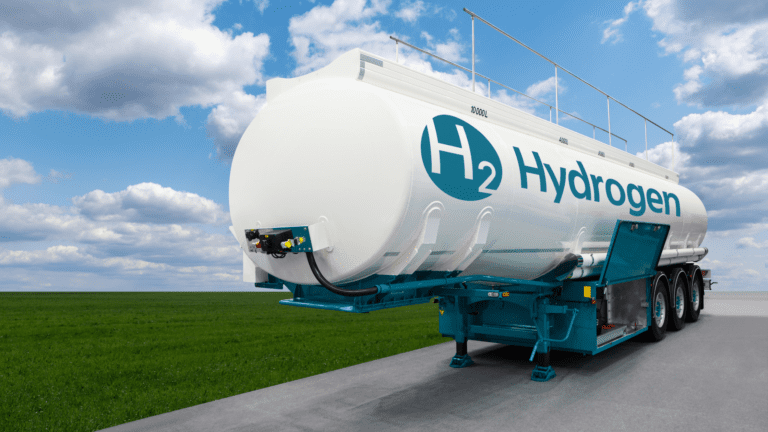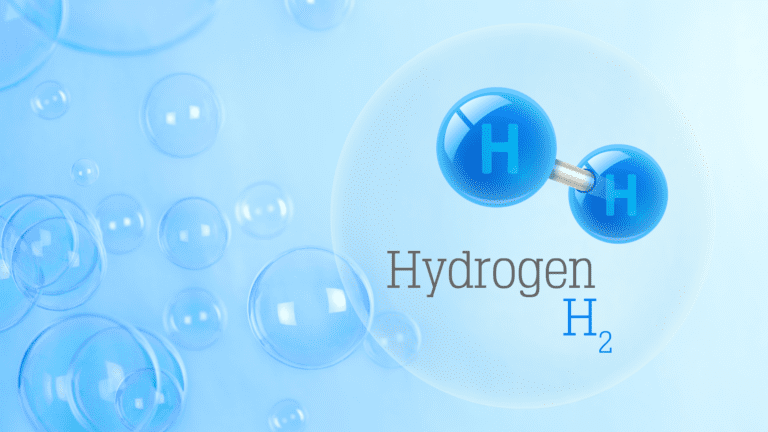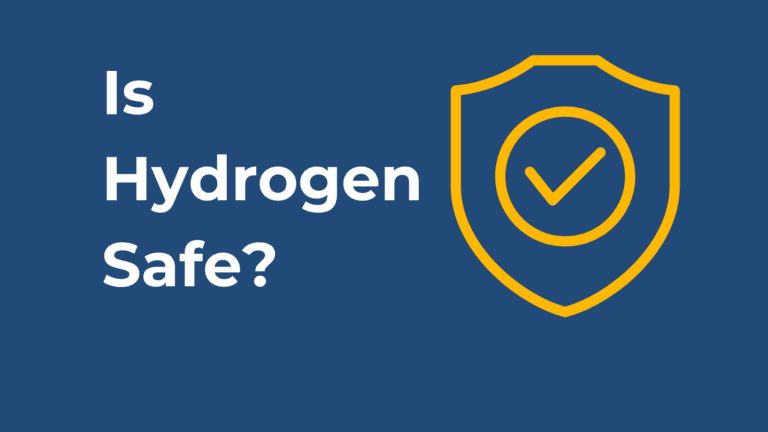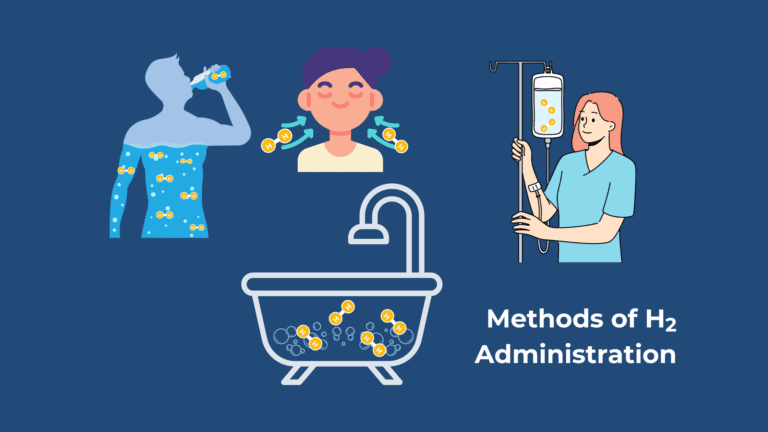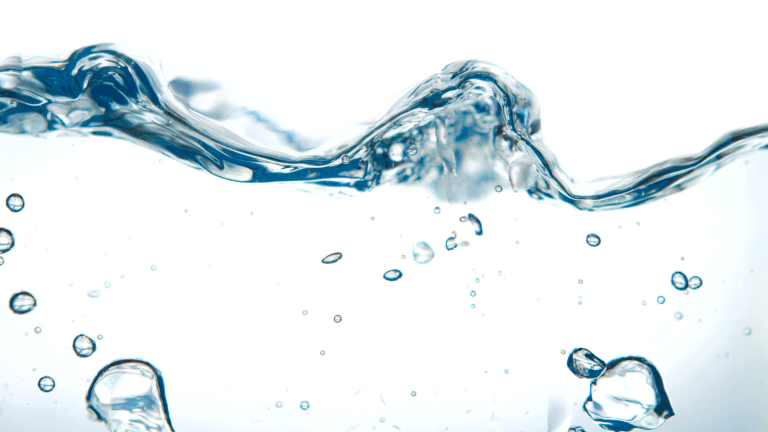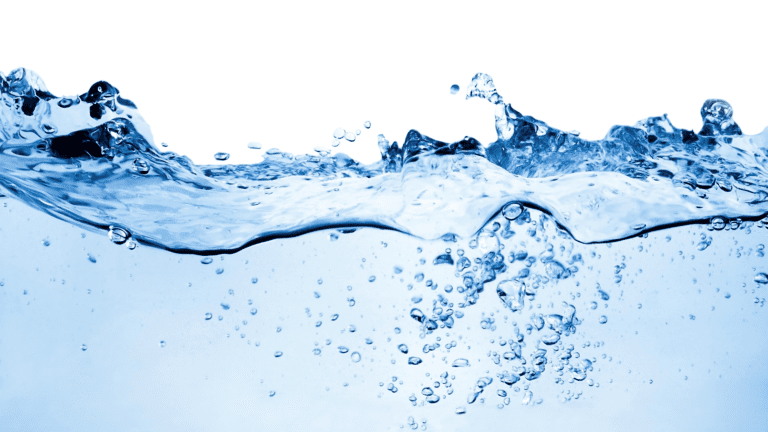One of our most asked questions is what product(s) we recommend. While this may seem like a very easy question to answer, we have taken the position of not recommending specific products for many reasons, which we will discuss here. We know this can be frustrating as a consumer, as you want an answer from someone you can trust, however, it is important to know that no authority, regardless of how charismatic they are, can replace the research done by oneself, especially when it involves large financial commitments or if it affects your health. With that being said, here are the main reasons MHI does not promote, endorse, sell, or recommend specific products, manufacturers, or brands.
Our mission is to educate on, advance the research of, and spread awareness of molecular hydrogen’s therapeutic potential.
The very foundation that MHI was founded on was to maintain the integrity of the industry by distilling accurate, science-based information to educate the public on molecular hydrogen and its potential therapeutic application.
We strive to give unbiased education. The moment any product is recommended, or even mentioned, many immediately jump to the false conclusion that we are now promoting or part of that company or product. To combat this, we have taken the stance that we do not recommend products. To help the public be smart consumers, our education courses are designed to teach about critical thinking, spotting pseudoscience, stopping misinformation in the industry, and importantly, molecular hydrogen and molecular hydrogen therapy.
We do not do product evaluations
Since the mission of MHI is focused more on the research of molecular hydrogen, we do not do comprehensive product evaluations. Those with MHI, including Dr. LeBaron, simply follow the recommendations that MHI lists. If we named specific companies of whose products we used, then this could inadvertently represent an endorsement of the product or company which is not fair to many other companies out there that we don’t list, or don’t even know about. Remember, we are a global organization and the products available in one country may not be available in other countries. Moreover, there is a possibility that we might use a product without any issues, recommend it to others, and subsequently, those individuals experience malfunctions, breakdowns, or other issues with the same product or company, leading to their disappointment in MHI, the entity they trusted for the recommendation. There are also many subjective aspects to consider such as the price per serving, portability, ease of sharing with others, business opportunities associated with it, etc. What might be the best product for one, may not be the best product for another.
To effectively make a list of recommendations, we would need to do the following:
- have a comprehensive list of all the available products
- do a complete product evaluation in terms of dose/concentration, price, durability, consistency, etc.
- organize the products into different categories outlining the pros/cons
- evaluate the companies associated with the products to ensure they are ethical and aligned with the mission of MHI
- evaluate the marketing and promotional material to determine if we felt comfortable recommending them as some companies make outlandish and unsupported claims. We’d need to continue checking in with and helping companies address this marketing
- Constantly answer people’s questions to help them navigate which product is best for them
- Address customer’s concerns and issues that they have had with recommended products since nothing is perfect,
- many more considerations in order to be fair, accurate, and provide more of a service than a disservice.
All of these points would require an enormous amount of effort and time and would be something that doesn’t directly further our mission on the research of hydrogen and does not provide us with any additional funds to further our mission. We can’t be affiliates as that is not really appropriate for our position as as science-based nonprofit, and is not part of our mission. Let us outline some guidelines for you to follow when choosing a product.
What’s the best way to choose a good product?
Some simple ways to do this include asking the following questions:
- Is the explanation of how the product makes H2 logical?
- Has the product been certified to IHSA criteria?
- Has there been an independent H2 analysis done?
- Does the product provide concentrations/doses of hydrogen similar to what is used in clinical studies?
- Has the product been used in peer-reviewed scientific studies?
- Is the manufacturer/company reputable?
- Are those selling the product MHI certified?
More detail on the above questions:
1. Is the explanation of how the product makes H2 logical?
Some companies claim their products provide hydrogen but do they have the necessary ingredients for this to happen? Sometimes companies will conflate a high pH alkaline water with molecular hydrogen. However, alkalinity is related to the concentration of H+ ions, and we want H2 gas. Another claim is that the water becomes “structured” with hydrogen, but we want H2 gas, not structured water with a hydrogen atom bonded to oxygen. Other claims include active hydrogen or hydrogen anions which are different forms of hydrogen, solid hydrogen (which is impossible since molecular hydrogen is a gas), or ingredients such as hydrogen phosphate or hydrogen carbonate that are supposed to produce H2, but are not actually capable of creating H2 gas. Some hydrogen products claim to increase hydrogen by the bacteria in your gut, but not everyone has the right bacteria and this is not the same as H2-water.
2. Has the product been certified to IHSA criteria?
IHSA is an independent organization comprising international hydrogen researchers around the world. The mission is to a) define the definition of “hydrogen water”, b) define how to accurately measure molecular hydrogen in water, c) ensure safety standards have been met including heavy metals contaminants, etc., are in line with official water quality standards from the government and d) authorize certain facilities to do the independent analyticaltesting to IHSA criteria. You can learn more about IHSA here.
What is the significance of being certified to IHSA-criteria? Having products certified to IHSA criteria confirms that the product i) contains sufficient hydrogen to be considered therapeutic based on clinical studies on hydrogen, and ii) that the concentration of hydrogen was measured accurately, such as with gas chromatography.
3. Has there been an independent H2 analysis done?
Having independent lab results using gas chromatography confirming the concentration of molecular hydrogen is significant because it confirms the concentration of hydrogen in the product. There are many claimed methods to measure hydrogen but only a few of them are accurate. Some of the inaccurate methods such as pH meters, oxidation-reduction potential (ORP) meters, H2 gas sensors for air that can’t be used for water, and electronic H2 meters that can’t be calibrated. These methods may falsely indicate the concentration of H2 in the water is therapeutic, but in reality the water may only have an nanogram/L and not be therapeutic at all. Products should have independent analysis where gas chromatography was used to measure the concentration. The analytical method/procedure of using gas chromatography to measure the concentration of hydrogen in water is standardized by IHSA. Thus, to enhance accuracy, we should ensure that the independent labs are authorized by IHSA.
4. Does the product provide concentrations/doses of hydrogen similar to what is used in clinical studies?
As stated previously, the optimal dose/concentration of hydrogen is still unknown, but most research indicates the benefits are dose dependent. Some studies provide only between 0.5 and one milligram of H2, but most studies provide 1 mg to 3 mg of H2. We should choose products that can at least provide similar doses used in the majority of the clinical studies. Additionally, using a product that has been used in clinical or scientific research can further our confidence in the product containing hydrogen gas.
5. Has the product been used in peer-reviewed scientific studies?
If the product has been used in peer-reviewed scientific studies, it may indicate that the product contains hydrogen and may provide related benefits, and that the researchers trust the product enough to use it in the H2 research.
5. Is the manufacturer/company reputable?
Many companies are attempting to jump on the hydrogen movement by marketing products, but they may not have a good track record or don’t have an established manufacturing facility, etc. You can investigate the company by looking into their reputation, business partners, etc.
6. Are those selling the product MHI certified?
Sales agents who are MHI certified have taken the Level 1 Certification courses that teach about science concepts and facts that help increase their ability to know the difference between products which increases the likelihood that the product is a real hydrogen product, that you are getting factual correct information, and shows they are dedicated to the education and research on H2. If you are interested in learning more about what is taught in the Level 1 Certification, check it out here.
Why not just sell a product that we can trust?
We want to keep the nonprofit separate from the sales industry by providing knowledge and education, but not products. Our courses aim to help sales agents understand the benefits of molecular hydrogen and stop the spread of misinformation. This helps the sales agent better understand what it is they are selling, and remove myths from the industry. Our MHI courses help maintain the integrity of the industry and keep consumers safe and happy. Sales agents and practitioners who are part of the hydrogen industry need to understand safe and effective ways of implementing these therapies in the system. While there are no FDA-approved methods and means, there are safety considerations and scientific principles that need to be applied. Therefore, teaching them the scientific principles behind the products they are selling helps the industry grow and the public get educated.
However, if MHI were to have their own product or endorse a specific product, the credibility of the information we are producing would decrease (even if we are completely accurate) because there is a perceived additional motive behind the educational courses (i.e., sales of products). As a nonprofit, we see ourselves as an entity that needs to maintain the integrity of the industry, continually pursuing our mission of educating on, advancing the research of, and spreading awareness of molecular hydrogen’s therapeutic potential. Mixing products into our business plan could unintentionally hurt the integrity we strive to live up to.
Why are product recommendations and comparisons so difficult?
We have been asked to provide comparisons of products, or simply links to products that we know are good. However, this is difficult. Each individual has unique factors and needs that can make it difficult to make a product recommendation. Additionally, we don’t know a person’s budget for a product, motive for taking the product, and lifestyle for implementing the use of molecular hydrogen therapy. Without this information, we wouldn’t be able to give a good recommendation anyway. Lastly, testing and comparing products detract from our mission. It also gets messy because if we were to recommend one product, and not another, when both are equally good products, this could be frustrating to the other company, etc. Therefore, we believe it is your responsibility to choose a good product for yourself, and in our courses, we give you all the tools to do so.
Read How to Get Molecular Hydrogen
Learning about products
There are many products on the market today. There are hydrogen-producing water bottles that use the electrolysis method to produce Hydrogen Rich-Water (HRW). A common form of electrolysis is alkaline ionized water, also known as Electrolyzed Reduced Water (ERW), this type of water has a high alkaline pH and depending on many factors may have low to moderate levels of molecular hydrogen, as described here (link ERW articles) Another common method of producing HRW is by using tablets. Other hydrogen products on the market include inhalation devices. Be really careful when choosing a product because there are many products out there that claim to have hydrogen that does not actually have hydrogen. Additionally, as with any industry, there are some companies that may have past or current legal suits they are facing because of unethical business practices.
Read about Water Ionizers (Electrolyzers)
Read about Water Ionizers And Hydrogen Water Generators
Read about Alkaline Ionized Water History and Medical Approval
Conclusion
Lastly, we encourage you to check out our educational courses. Our main source of revenue comes from the educational courses. Hardly anyone knows about hydrogen so, we currently do not receive enough direct tax-deductible donations to even cover basic admin costs. Your support in purchasing these courses helps us fulfill our mission. We would love to welcome you to the MHI family!
Read about How to Get Molecular Hydrogen
Read How to Administer Molecular Hydrogen
Read The Complete Guide to Molecular Hydrogen


